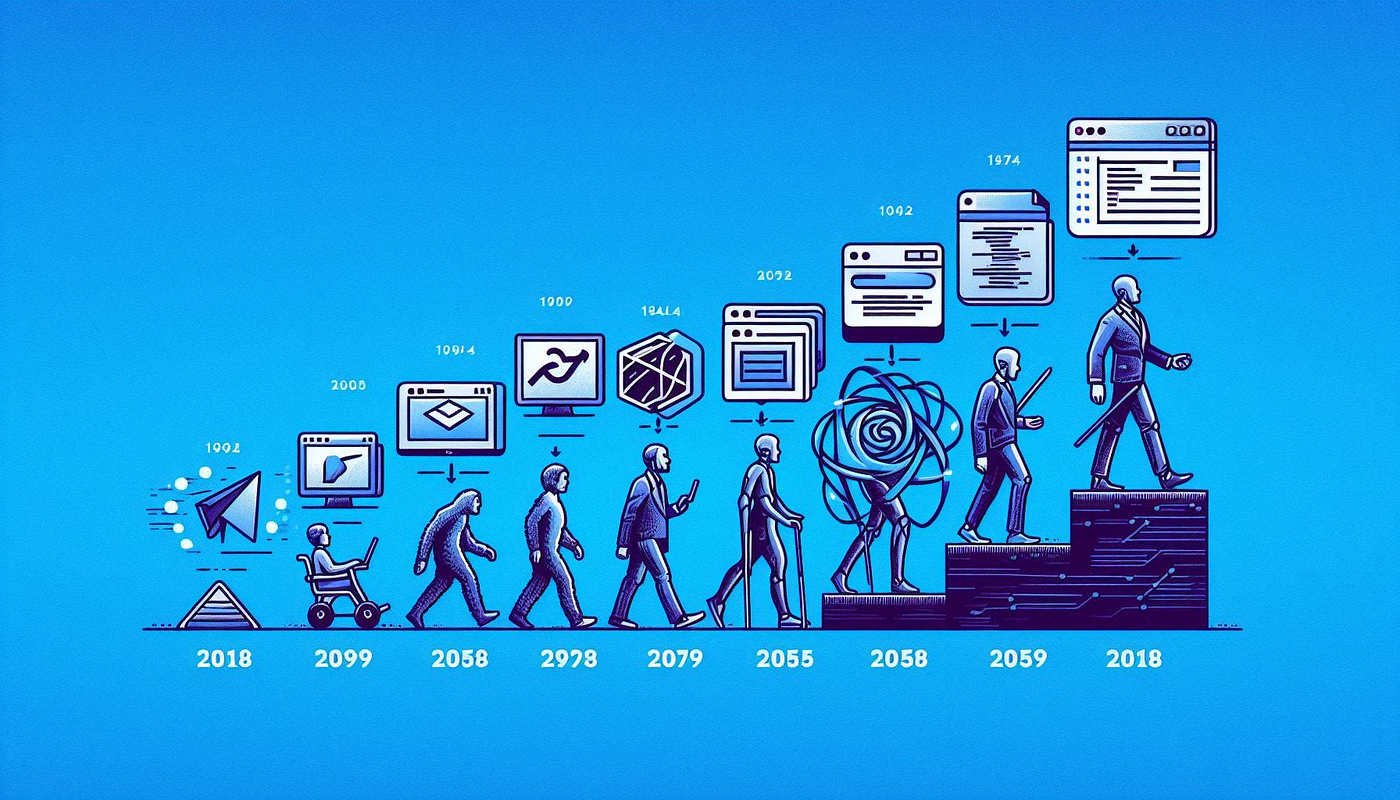In today’s digital age, website development is constantly evolving to keep up with technological advancements and changing user expectations. As businesses increasingly rely on their online presence, understanding the latest trends in website development is crucial to staying competitive. Here’s a look at some key trends shaping the future of website development and what they mean for businesses.
1. Progressive Web Apps (PWAs)
Progressive Web Apps have been a game-changer, providing a seamless experience that combines the best features of web and mobile apps. PWAs load quickly, work offline, and offer a more engaging, app-like experience for users—all without the need to download an app. For businesses, investing in PWAs can lead to improved user engagement and increased conversion rates.
2. AI-Powered Chatbots
AI-powered chatbots are transforming how businesses interact with their customers. These chatbots can provide instant responses, improve user experience, and help businesses operate 24/7. With advancements in natural language processing, AI chatbots are becoming more intuitive, helping businesses provide personalized support efficiently.
3. Voice Search Optimization
As voice-activated devices like Amazon’s Alexa and Google Assistant become more popular, optimizing websites for voice search is crucial. Voice search typically involves conversational keywords and questions, which means website content needs to adapt to this shift by focusing on natural, spoken language. This trend emphasizes the importance of quality content that addresses user queries directly.
4. Motion UI for Interactive Designs
Motion UI involves the use of animations and transitions to enhance user experience. By adding visual feedback and interactive elements, websites can feel more engaging and intuitive. Motion UI helps guide users through the site, making the browsing experience more dynamic and memorable.
5. Mobile-First Development
With the rise of mobile browsing, it’s essential to prioritize mobile-first development. This approach ensures that websites are fully optimized for smaller screens, providing a responsive and enjoyable experience for mobile users. Google’s emphasis on mobile-first indexing has only heightened the importance of this approach, making it vital for SEO and user satisfaction.
6. Cybersecurity and Data Privacy
With an increasing number of cyber threats, security has become a top priority for web developers. Implementing SSL certificates, data encryption, and multi-factor authentication can help protect user data and build trust. For businesses handling sensitive information, staying compliant with data privacy laws is also crucial.
Final Thoughts
Website development is rapidly changing, and staying updated on these trends can give businesses a competitive edge. By integrating modern features, focusing on user experience, and ensuring security, companies can create websites that are not only functional but also future-proof.
“In the world of Internet Customer Service, it’s important to remember your competitor is only one mouse click away.”
